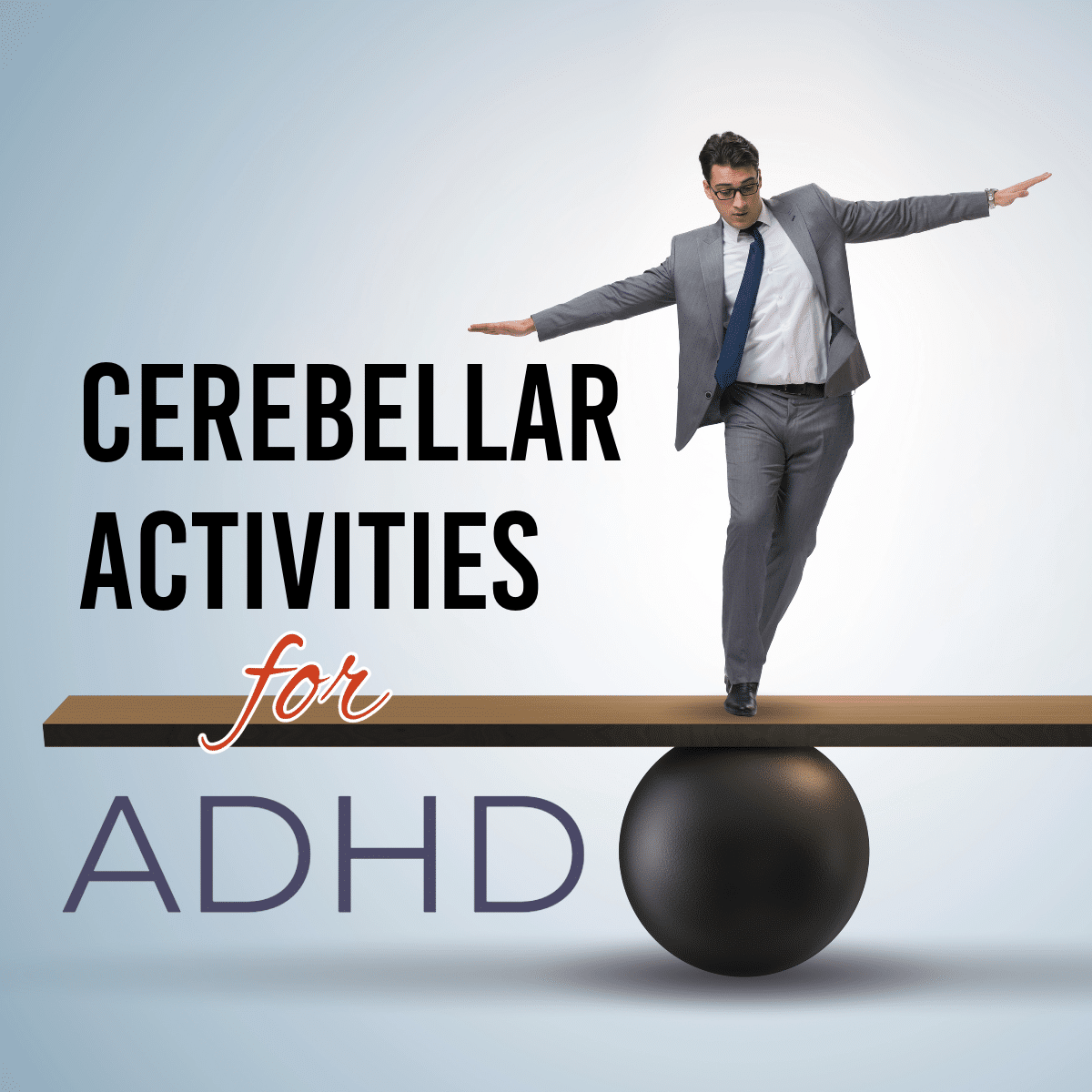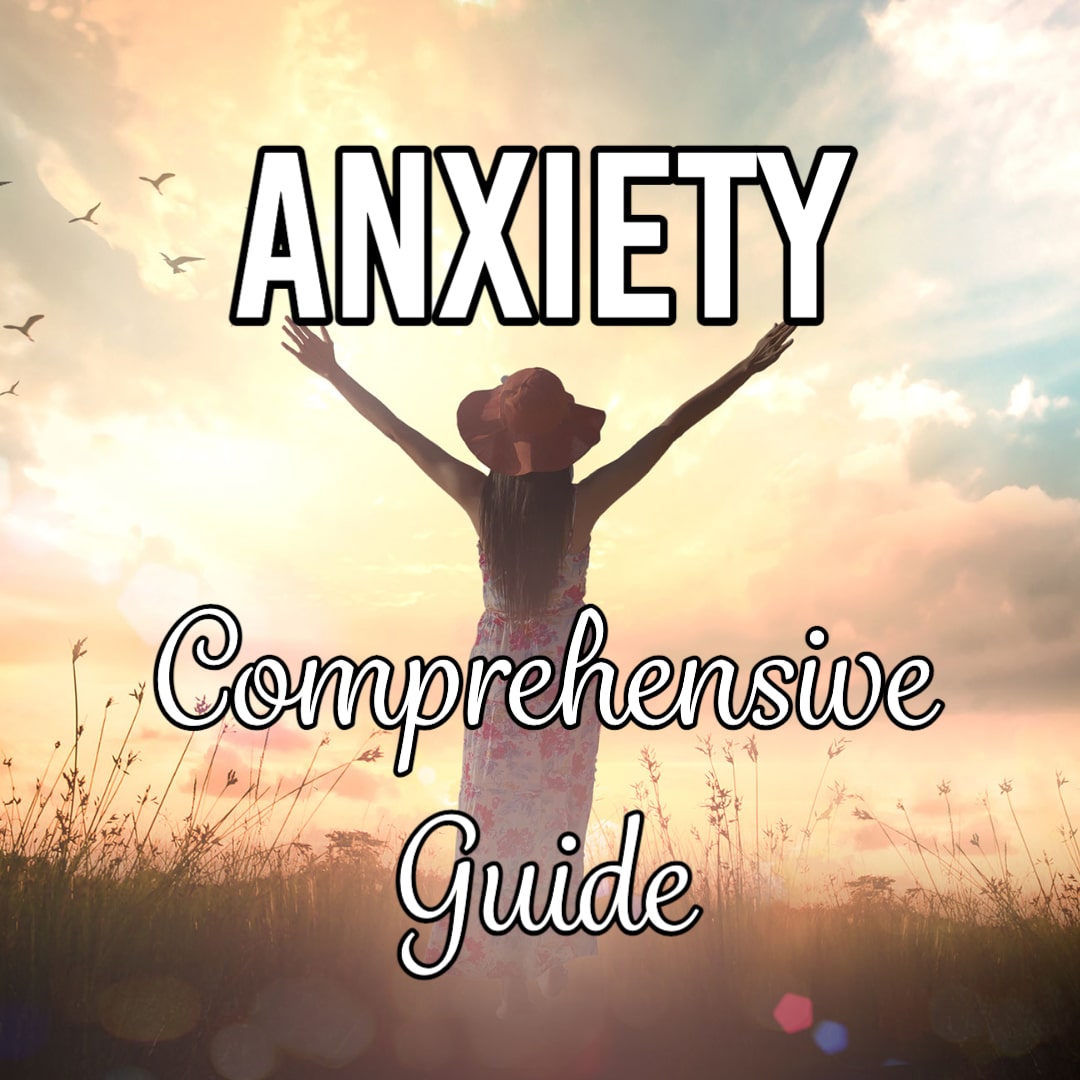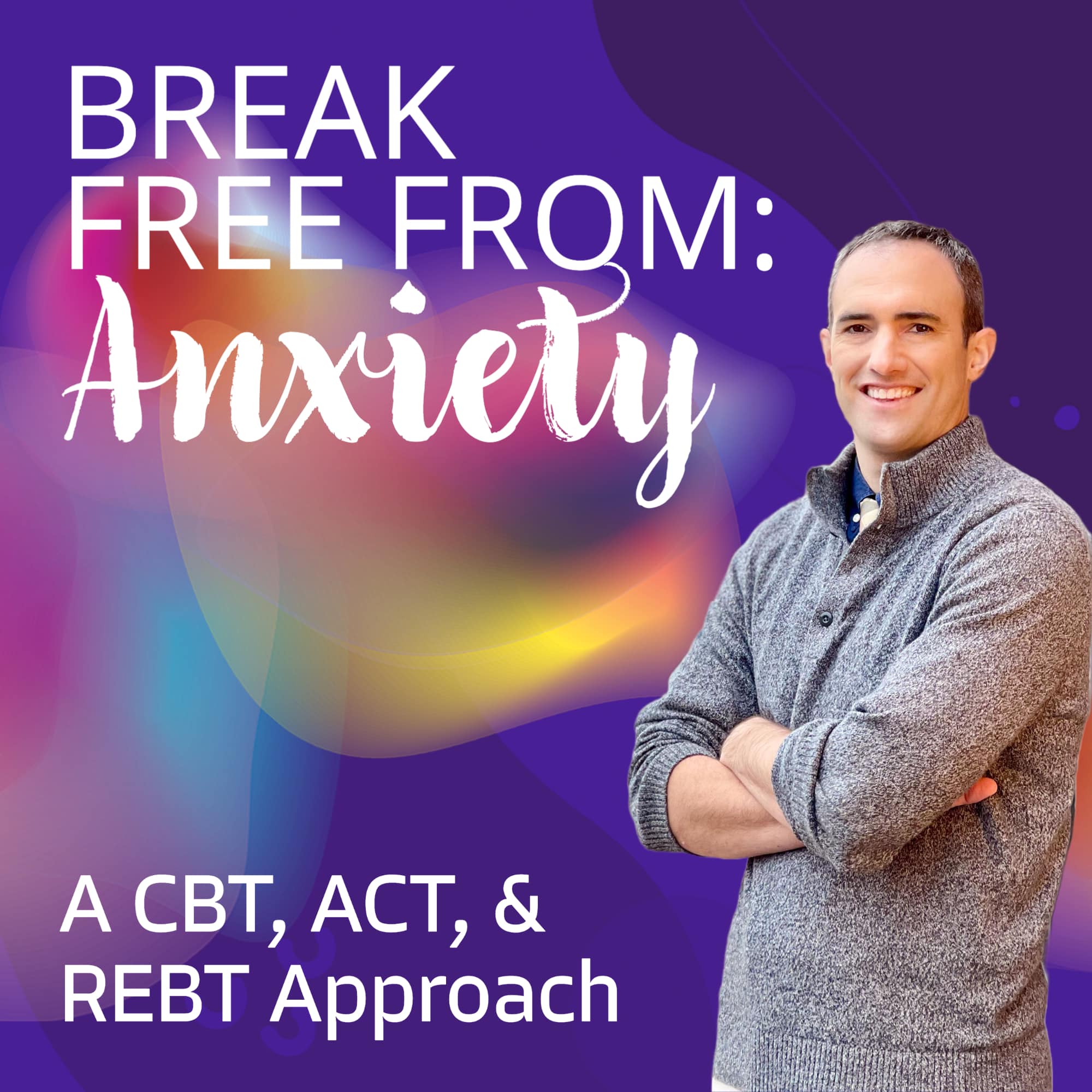Professional alcohol treatment services and counseling for addiction and mental health. Drug and alcohol treatment for substance abuse. Learn more about alcoholism.
Addicted: The science behind why we drink, smoke, eat, shop…and anything else that gets us hooked. Is your life being controlled by the habit of alcoholism?
What is alcoholism? What causes drug and alcohol addiction? How do I quit drinking? What are the symptoms of drug abuse? What types of drug addiction treatment services are available? Are you or someone you know an alcoholic? Should they see a psychiatrist? What support services are accessible? Is mental health care covered by insurance? How long is the treatment process?
These are commonly asked questions when someone, or someone they know, begins to experience problems associated with alcohol or drugs.
Alcoholism is the most dangerous addiction that has no cure. It causes not just physical dependence but also issues related to emotions, mental health, and spirituality. Alcoholism is a disease. It does not discriminate between the rich or poor, the young or old. However, this does not stop people from stigmatizing those who suffer from this disease. People assume that the only people who are unable to control the amount of alcohol they drink – are those who are already weak in their relationships, or that alcoholics drink because they are not able to control their actions. This couldn’t be further from the truth.
Effects of drug and alcohol abuse on the body and mind
The body and mind of an alcoholic are severely affected by the disease. Alcoholism can lead to physical and mental health problems. A person with alcoholism may experience a variety of physical health problems, including liver damage, pancreatitis, and cirrhosis.
In addition to causing physical ailments, alcoholism is known to produce severe emotional effects, including depression, addiction, anxiety, poor self-esteem, insomnia and worsen bipolar disorder.
Alcoholism is one of the greatest health problems affecting other mental health, and individuals who suffer from alcoholism most often have other mental illnesses.
Understanding Addiction to Alcohol, Substance Use, and Behavioral health
Alcohol is addictive, which means it can lead to compulsive use despite continued harm. When people drink alcohol, it affects every tissue in our body, and adversely affects various neurotransmitter systems in the brain. Over time, drinking large amounts of alcohol can lead to physical dependence and deadly withdrawal symptoms such as delirium tremens.
Alcoholism becomes a chronic condition when it impacts major domains of one’s life long term. When a person drinks alcohol excessively and/or develops alcohol-related problems, there can be many health and legal consequences. Alcoholism is considered a disease depending on whether the symptoms cause significant distress.
Dealing with substance use disorder
Alcoholism is an addiction, and also can feel like a habit that is difficult to break. Despite the harmful consequences, it can become a habit that provides comfort and familiarity, making the habit very difficult to break. Peer pressure and social media norms influence the decisions of many people when they’re drinking. Seeing alcohol use normalized makes individuals feel comfortable consuming more than they would normally on their own. This may lead to alcohol abuse and/or alcoholism. To help someone quit or cut back on drinking, talk to them about their habits and how alcohol affects their lives. Encourage them to keep a healthy lifestyle by eating well and exercising regularly. How are you dealing with peer pressure and social media while drinking? Did you know there are state-funded alcohol and drug abuse treatment programs available to provide help and support to those affected by substance abuse? Follow our Facebook Page to learn more.

 Bruce Bassi
Bruce Bassi





